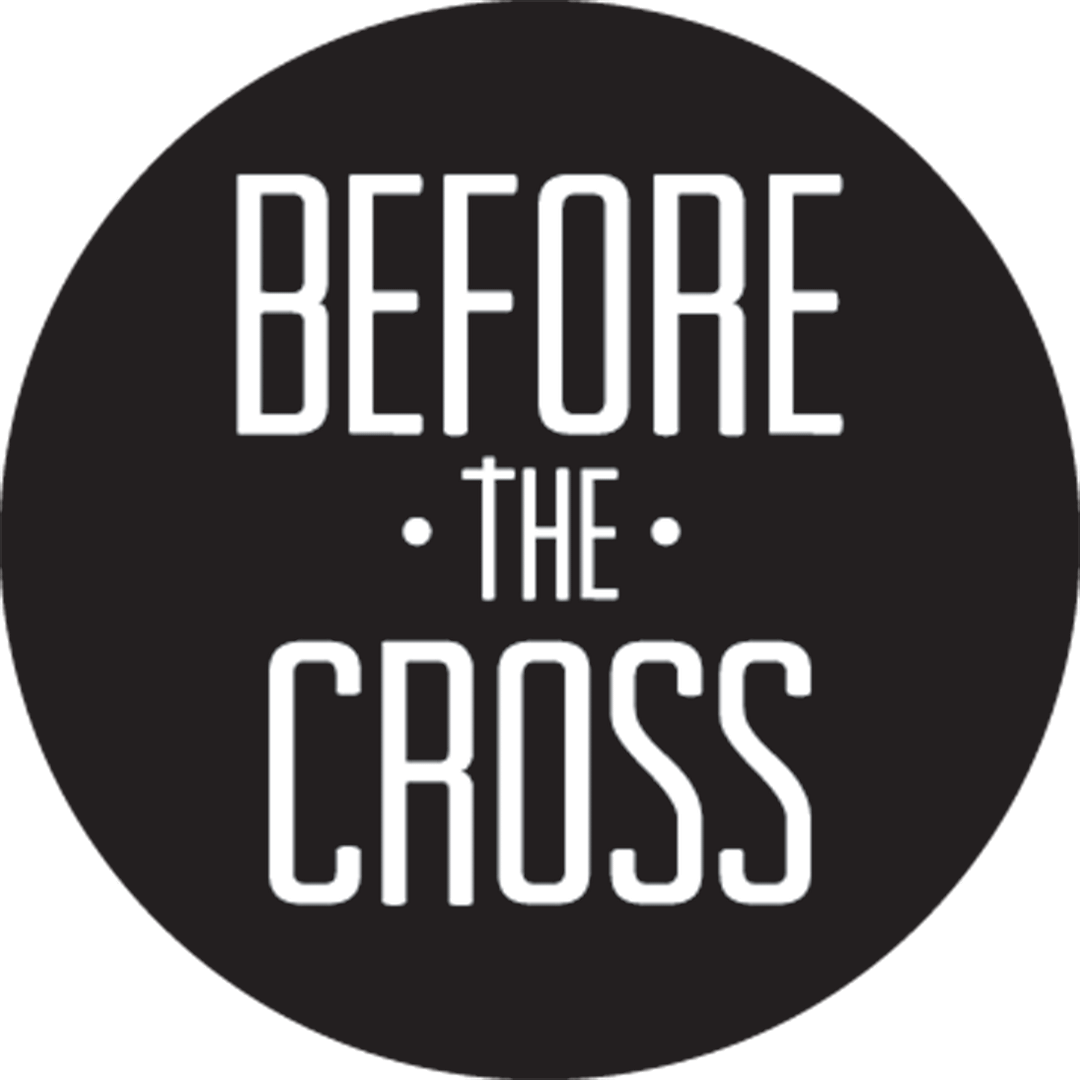
One of my favorite movies of all time is Braveheart – the epic drama of William Wallace, a common Scot, fighting out of love to defeat Longshanks and his English rise in power and dominance over the Scottish people. In multiple battle scenes, scores of men ready for battle. Hatred and anger fill the air. Everyone knows violence and death is approaching. The lines are drawn with the two sides facing each other for the brutal clash of angry, warrior men, while the ground in between readies for what will undoubtedly be a life-shattering clash.
England vs Scotland
Longshanks vs Wallace
And so it begins…
When I read Genesis 33, I imagine a battlefield similar to those seen in Braveheart. There are two different scores of men, women and children approaching each other, with an inevitable meeting ground in between. It is no secret that anger and violence has filled the air in previous meetings. One side is led by Esau, the eldest son of Isaac, while the other side is led by Jacob, the younger son of Isaac.
In days past, Jacob has twice deceived Esau to rob him of what is his by birth order. First, by cheating him out of his birthright (Genesis 25:29-34) and then secondly by deceiving Isaac to steal Esau’s blessing as Isaac’s eldest child (Genesis 27).
As a result, Esau hated Jacob and sought to kill him (Genesis 27:41). Jacob in fear of his life fled from Esau’s hatred.
Now, in Genesis 33, the scene has been set in which they meet again. It’s been many years now. Both men have large families. And the two sides find themselves approaching face to face. The text says that Jacob bowed himself to the ground seven times as he approached his brother Esau. There is no doubt that Jacob clearly remembers what he had done in the past. And there is no doubt that Jacob knows the reason they haven’t seen each other is because Esau wanted to kill Jacob. The battlefield is set.
Esau vs Jacob
And so it begins…
Jacob is nervous. He is afraid. He is expecting a fight. He is expecting the hatred and anger of Esau to rush forward and bring this clash of hatred to final blows. And Esau is moving towards him.
“But Esau ran to meet him and embraced him and fell on his neck and kissed him, and they wept.”
What a turn of events! It seemed as if an epic battle was sure to ensue. It seemed as if a heart of hatred, violence, and anger of wrongs done would finally have its place to unload here. But as Esau lifted his hands, it wasn’t to attack Jacob, it was to embrace Jacob in love. As Esau’s heart was revealed, it wasn’t boiling hatred that poured out, but rather it was radical forgiveness that overflowed.
Esau, even with wrongs done against him, radically forgave Jacob.
The result of such radical forgiveness is seen in vs. 10. Jacob says to Esau, “For I have seen your face, which is like seeing the face of God, and you have accepted me.”
Forgiveness is powerful. Forgiveness is radical. And forgiveness reflects the image of God in our lives. So that when we forgive others, we are displaying the face of God in our lives and allowing others to see and know His radical forgiveness toward their lives.
May we be encouraged to reflect God in our lives and demonstrate radical forgiveness toward others.


















